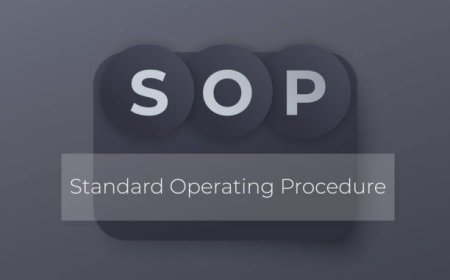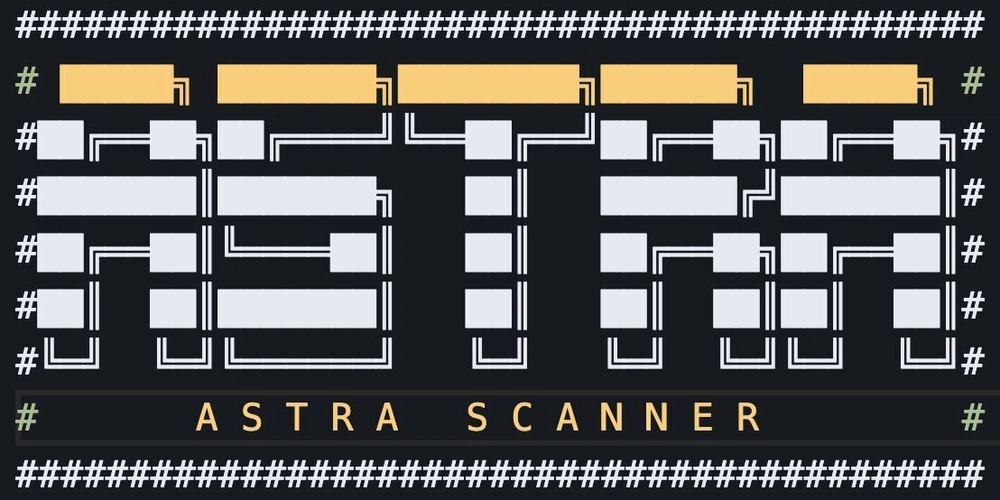Linux Web Hosting: The Ultimate Guide to Reliable, Secure, and Affordable Option
Linux Web Hosting offers a stable, secure, and cost-effective platform powered by the Linux operating system. Ideal for websites of all sizes, it supports popular technologies like PHP, MySQL, and Apache, providing flexibility, full customization, and excellent performance. Perfect for developers, businesses, and bloggers seeking reliable hosting with strong community support and scalable options.

In today’s digital-first world, choosing the right web hosting platform is critical to your website’s success. Among the various hosting options available, Linux web hosting has earned a stellar reputation for being a reliable, secure, and cost-effective solution suitable for a vast range of websites — from personal blogs and small business sites to complex enterprise applications.
This comprehensive guide covers everything you need to know about Linux Web Hosting, its architecture, advantages, technical features, common use cases, and why it continues to dominate the web hosting landscape.
What is Linux Web Server?
Linux web server refers to a hosting service where the server’s operating system is Linux, an open-source OS renowned for its stability and flexibility. Linux powers the majority of web servers worldwide, thanks to its scalability, security features, and broad compatibility with web technologies.
Most Linux hosting environments use the LAMP stack, an acronym for Linux (OS), Apache (web server), MySQL (database), and PHP/Perl/Python (programming languages). This stack forms the foundation of many popular websites, including WordPress blogs, Joomla, Drupal, and custom web applications.
Why Is Linux Web Server So Popular?
1. Open Source and Cost-Effective
Linux is open-source software, which means its source code is freely available for anyone to use, modify, and distribute. Hosting providers benefit from not having to pay licensing fees for the operating system, enabling them to offer web hosting at highly competitive prices. This cost saving is often passed on to customers, making Linux hosting an economical choice without compromising quality.
2. Unmatched Stability and Uptime
Linux servers are known for their rock-solid stability. Unlike some proprietary systems, Linux rarely requires rebooting after updates or software changes, ensuring your website remains live and accessible 24/7. This reliability is critical for businesses that cannot afford any downtime or service interruptions.
3. Enhanced Security Features
Linux’s architecture inherently supports strong security measures. It allows granular user permissions and employs various security modules such as SELinux (Security-Enhanced Linux). Combined with regular community-driven updates and patches, Linux servers maintain robust defences against viruses, malware, and unauthorized access.
4. Flexibility and Customizability
Web hosting supports an extensive array of programming languages and open-source applications. Whether you want to run PHP-based CMS platforms like WordPress, Python frameworks such as Django, or Ruby on Rails applications, Linux offers unparalleled compatibility. Moreover, advanced users can customize their hosting environment, install software, or tweak server settings to optimize performance and functionality.
5. Large Supportive Community
One of Linux’s greatest strengths is its vast and active community. Developers, system administrators, and users worldwide contribute to its continuous improvement. This results in abundant documentation, tutorials, forums, and third-party tools that empower users to troubleshoot issues or enhance their hosting setup.
Key Technical Features of Linux Web Server
-
Apache Web Server
The Apache HTTP Server is the most widely used web server software globally and is the standard for Linux hosting. Apache’s modular architecture supports customization through modules, URL rewriting, authentication, and caching, delivering high performance and flexibility.
-
PHP, Perl, Python Support
Linux hosting platforms commonly support PHP, Perl, and Python — popular languages for developing dynamic and interactive websites. PHP powers content management systems like WordPress and Drupal, while Python and Perl are favored for web applications, automation scripts, and data processing.
-
MySQL and MariaDB Databases
Linux hosting environments provide access to robust relational database management systems such as MySQL and its fork MariaDB. These databases enable websites and applications to store, retrieve, and manage data efficiently.
-
Control Panels: cPanel, Plesk, and Others
To simplify server management, Linux hosting plans often include graphical control panels like cPanel or Plesk. These user-friendly interfaces allow you to manage domains, files, emails, databases, and backups without needing advanced technical skills.
-
SSH (Secure Shell) Access
SSH access lets advanced users securely connect to their Linux server's command line remotely. This is essential for installing software, managing files, and performing troubleshooting in a secure, encrypted environment.
-
Cron Jobs
Cron jobs are scheduled commands or scripts that run automatically at specified intervals. They are used to automate repetitive tasks like backups, email notifications, or database cleanups — all supported seamlessly on Linux hosting.
-
Email Hosting and Management
Linux hosting packages typically come with email hosting capabilities, allowing you to create professional email addresses linked to your domain (e.g., contact@yourdomain.com). Features often include spam filtering, autoresponders, and webmail access.
Types of Linux Web Server Services
-
Shared Linux Hosting
In shared hosting, multiple users share the same physical server and resources. Linux shared hosting is the most affordable option and ideal for beginners or small websites with moderate traffic. It provides basic Linux hosting features alongside easy-to-use control panels.
-
VPS (Virtual Private Server) Hosting
Linux VPS hosting partitions a physical server into multiple virtual servers, giving users dedicated CPU, RAM, and storage. It offers enhanced performance, control, and scalability compared to shared hosting, suitable for medium-sized websites or growing businesses.
-
Dedicated Linux Hosting
Dedicated hosting offers an entire physical server exclusively for your use. It provides the highest performance, security, and customization options. Ideal for large websites, e-commerce stores, or applications with heavy resource demands.
-
Cloud Linux Hosting
Cloud hosting runs your website on a network of interconnected virtual servers (the cloud). It offers exceptional scalability, redundancy, and uptime. Linux cloud hosting combines the flexibility of the cloud with Linux’s robust environment.
Who Should Use Linux Web Server?
-
Bloggers and Small Businesses: Affordable, easy-to-manage hosting for websites and online stores.
-
Developers: Flexible environment supporting multiple programming languages and frameworks.
-
E-commerce: Stable and secure hosting for handling customer data and transactions.
-
Enterprises: Scalable and customizable hosting for mission-critical applications.
Conclusion
Linux web hosting offers a powerful combination of affordability, stability, security, and flexibility. Its widespread adoption and strong community support make it a dependable choice for anyone looking to host a website or application. Whether you're just starting or running a large enterprise, Linux hosting can provide the infrastructure and tools needed for success. By choosing Cheap Web Hosting, you get access to a mature and secure platform that continues to evolve — helping your online presence stay robust and scalable well into the future.


























































































